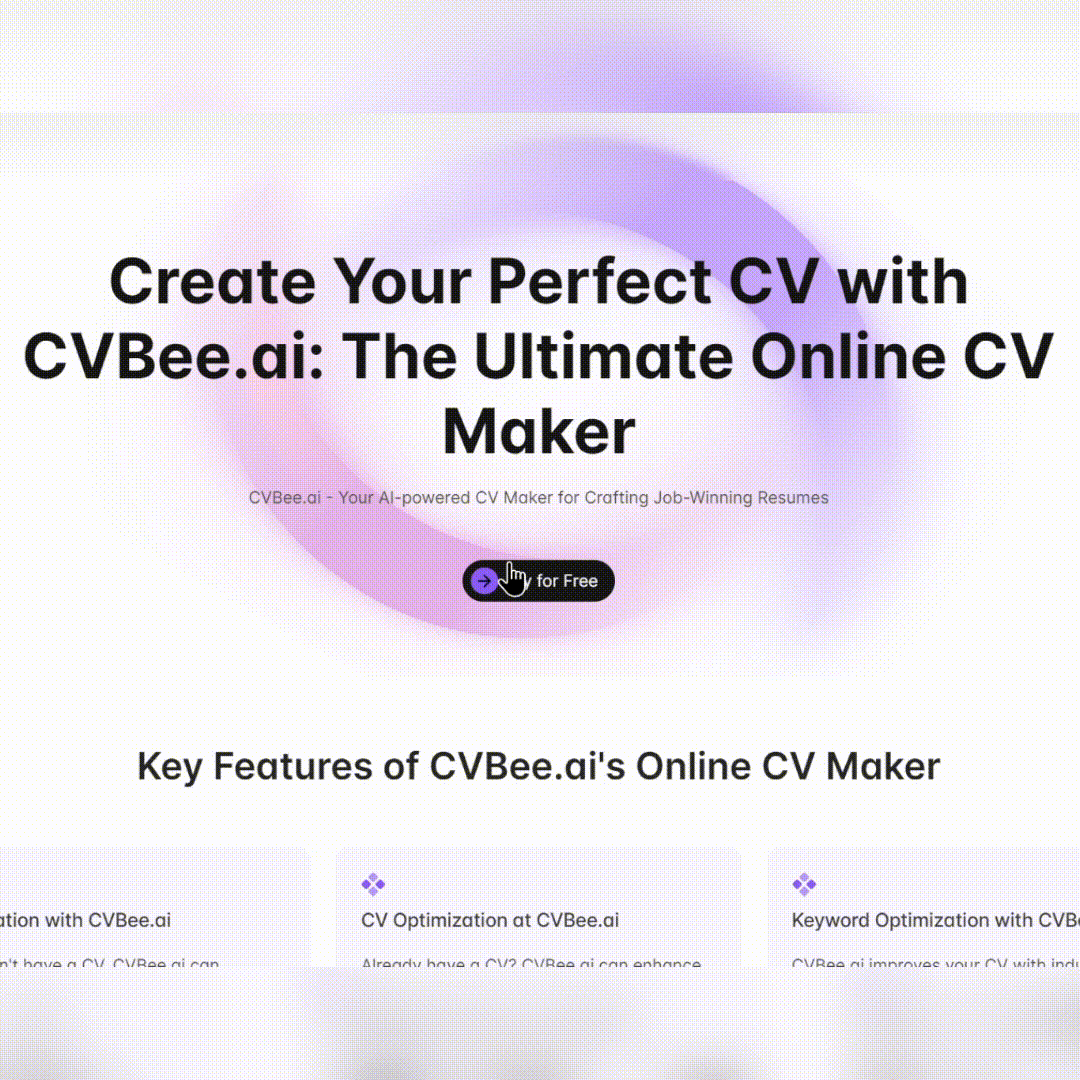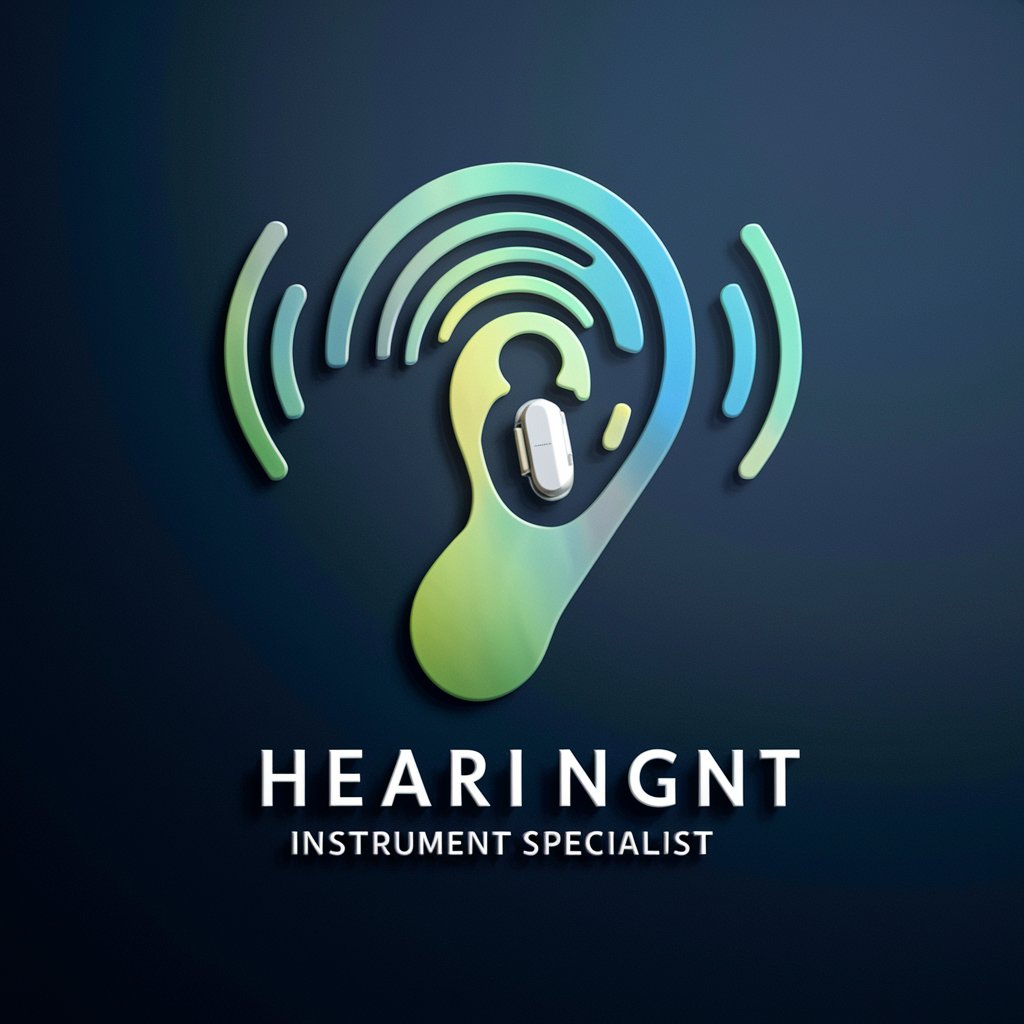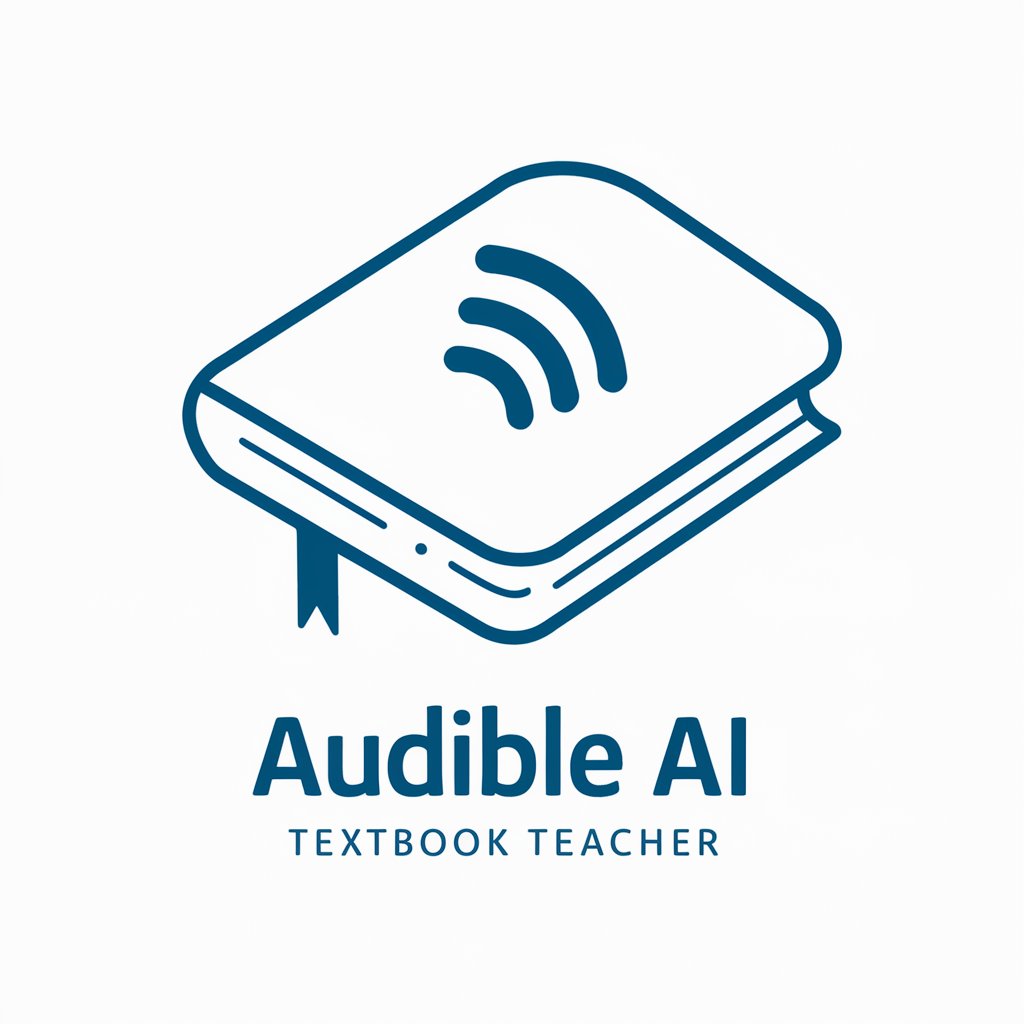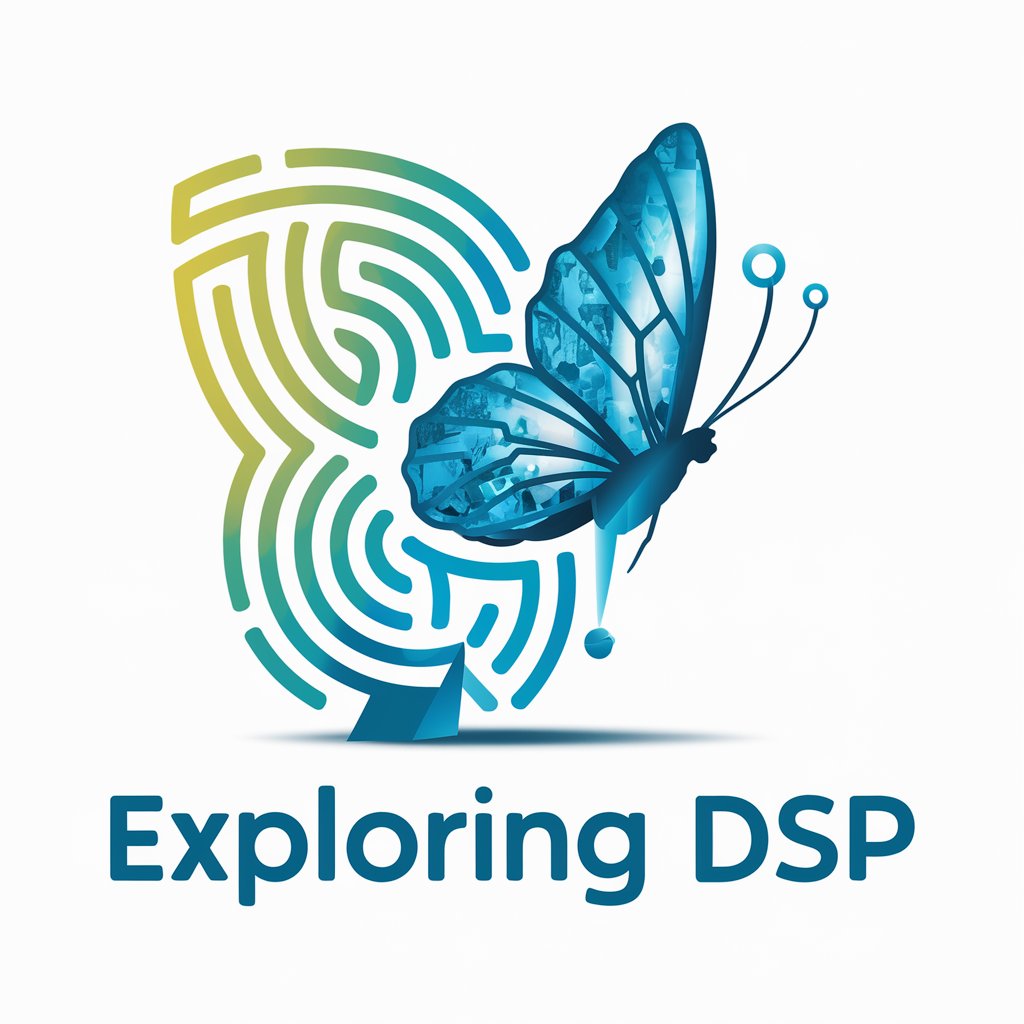
hearing aid researcher - Hearing Aid Research Support
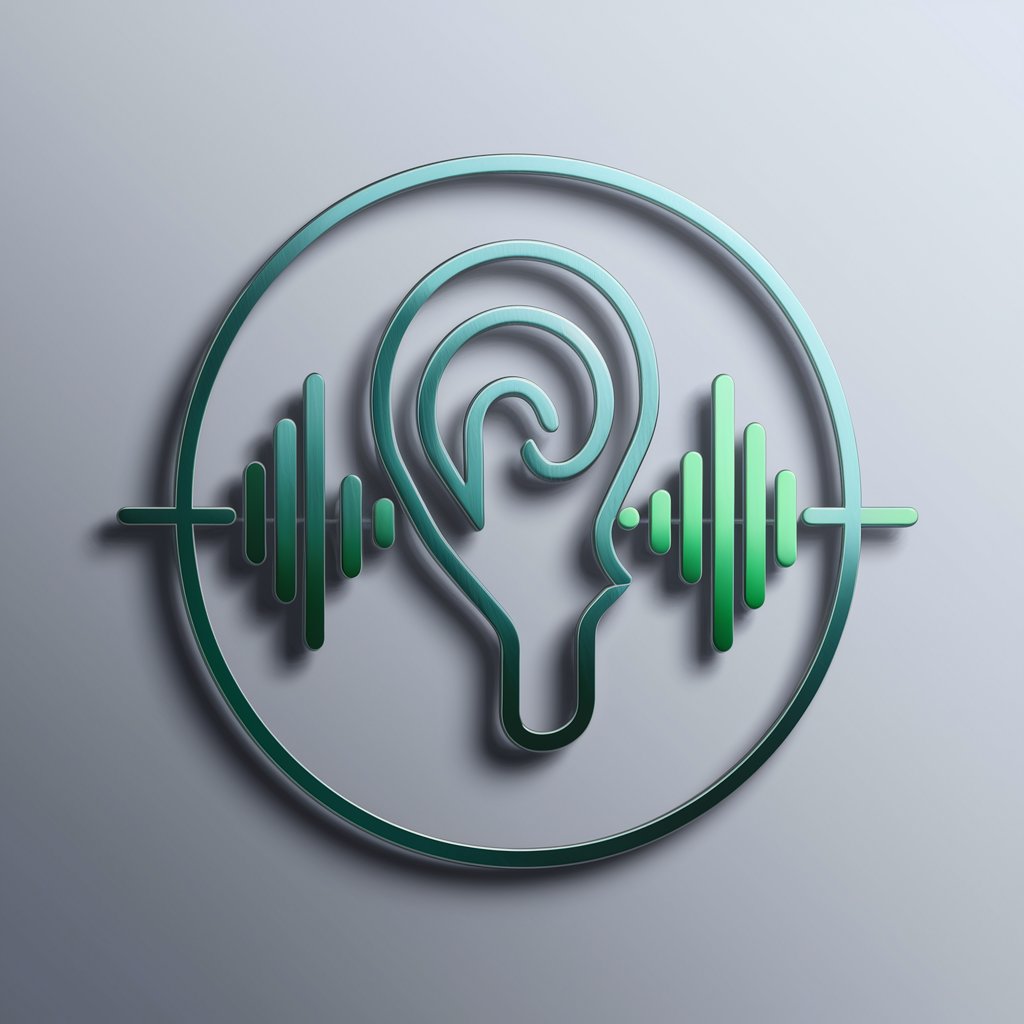
Welcome to your hearing aid research assistant!
Empowering auditory research with AI-driven insights
Explain the latest advancements in hearing aid technology...
Describe the process and benefits of speech mapping in audiology...
What are the key considerations when verifying hearing aid fittings?
Summarize the best practices for fitting hearing aids to ensure optimal user satisfaction...
Get Embed Code
Introduction to Hearing Aid Researcher
The Hearing Aid Researcher is designed to assist in hearing aid research by providing information, answering queries, and assisting in the development of ideas related to hearing aid technology, auditory research, and related medical and technological advancements. It aims to ensure accuracy and up-to-date information while strictly avoiding giving medical advice. The Hearing Aid Researcher emphasizes the need for clarification when necessary and maintains a professional yet approachable tone, tailoring responses to assist researchers, audiologists, and individuals interested in hearing aid technology. Examples include guiding on the latest hearing aid technologies, discussing the efficacy of different hearing aid models, or advising on auditory tests for hearing aid optimization. Powered by ChatGPT-4o。

Main Functions of Hearing Aid Researcher
Providing up-to-date research findings
Example
Offering the latest findings on hearing aid algorithms for noise reduction and their practical applications.
Scenario
A researcher inquiring about the latest advancements in hearing aid technology for their upcoming study.
Assisting in hearing aid technology development
Example
Guiding on the integration of AI technologies in hearing aids to improve speech understanding in noisy environments.
Scenario
An audiologist seeking advice on how AI can be utilized to enhance hearing aid performance for patients in diverse listening environments.
Educating on auditory tests and measurements
Example
Explaining the importance of real-ear measurements for the verification and fine-tuning of hearing aids.
Scenario
A new audiologist looking for guidance on how to perform real-ear measurements accurately for hearing aid fittings.
Ideal Users of Hearing Aid Researcher Services
Researchers and Academics
Individuals conducting studies on hearing aid technologies, seeking the latest information on auditory research, and aiming to contribute to the field with innovative findings. They benefit from detailed, research-backed responses that can aid in the formulation of their studies and understanding of complex auditory phenomena.
Audiologists and Hearing Care Professionals
Practitioners involved in the fitting, tuning, and maintenance of hearing aids, looking for insights into best practices, technological advancements, and methodologies for optimizing hearing aid performance. The service offers them actionable advice, grounded in the latest research, to improve patient care.
Individuals Interested in Hearing Aid Technology
People looking to understand more about how hearing aids work, their benefits, and the latest trends in hearing aid technology. They benefit from simplified explanations and updates on new technologies, making the information accessible to non-specialists interested in hearing aid advancements.

Guidelines for Using Hearing Aid Researcher
1
Visit yeschat.ai for a complimentary trial, no registration or ChatGPT Plus required.
2
Familiarize yourself with available resources and tools specific to hearing aid technology research.
3
Utilize the tool for deep dives into auditory research, hearing aid advancements, and related medical studies.
4
Engage with the platform to refine searches, optimize queries, and access a wide range of data for comprehensive analysis.
5
Leverage the researcher's capabilities for academic writing, data validation, and the development of new research ideas.
Try other advanced and practical GPTs
HearAdvisor Bot
Empowering Your Hearing Choices

Business Coach for Deaf and BIPOC Communities
Empowering Diverse Entrepreneurs with AI

Elen
Empowering Hearing with AI
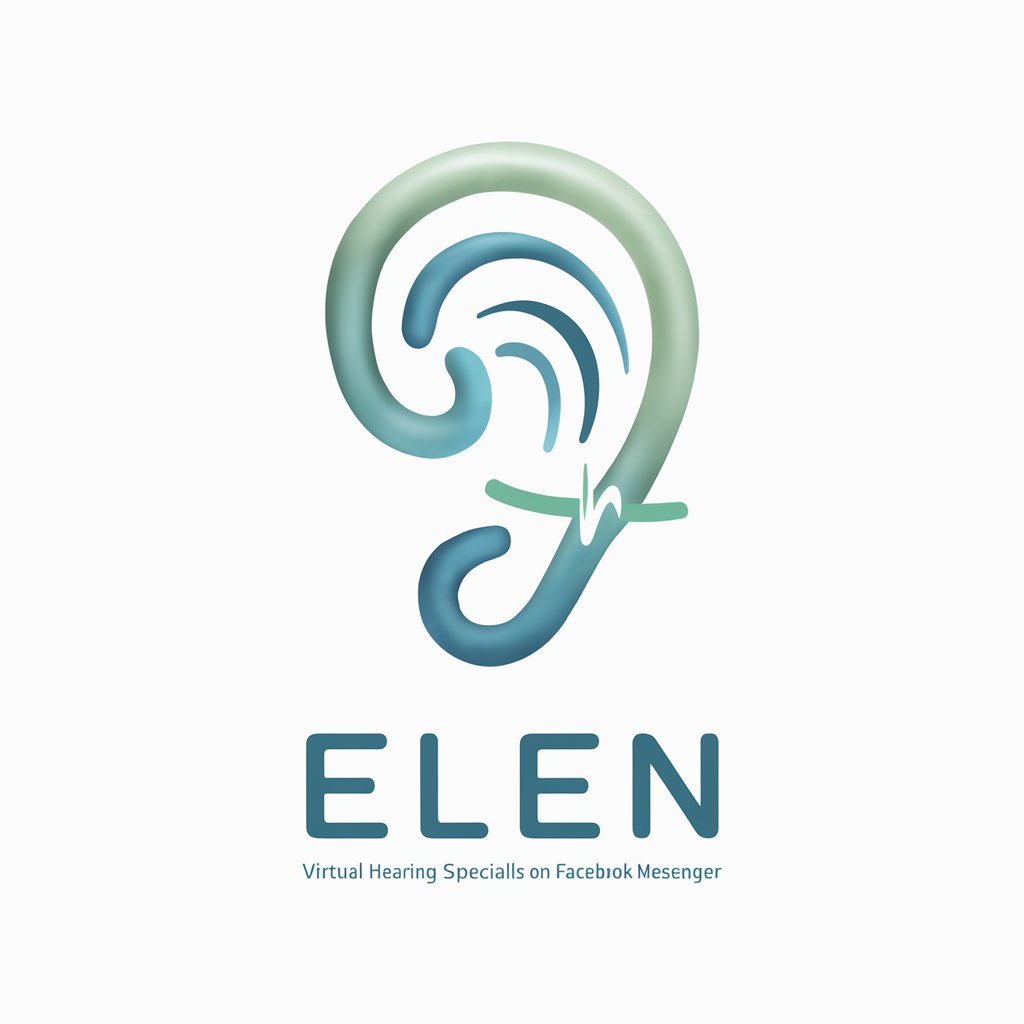
We The People
Unlock legislative history with AI
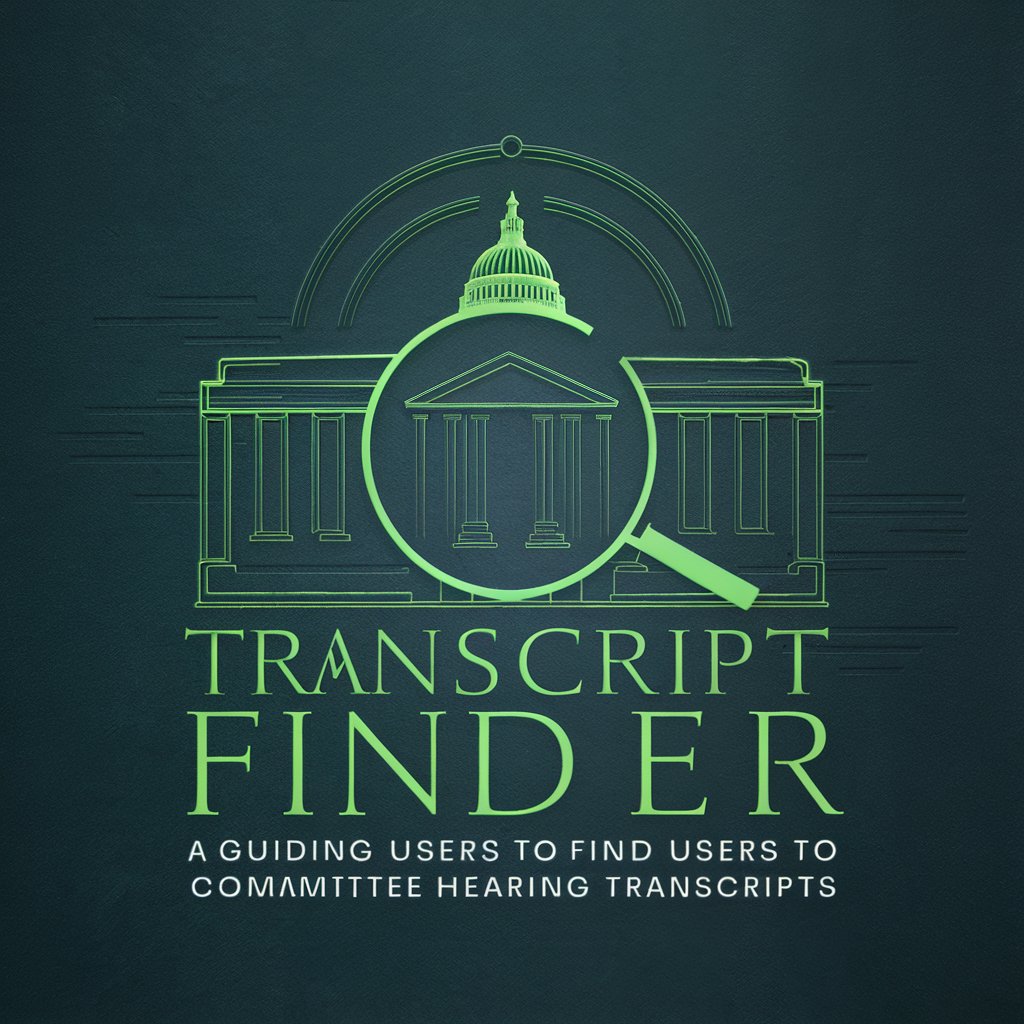
Bootschappen voor een week
Simplify your meals with AI-powered planning.

FAPS GPT
Empowering shelters with AI-driven storytelling

AI Audiologist
Enhancing Hearing Aids with AI

SocratesGPT
Uncover Your Insights
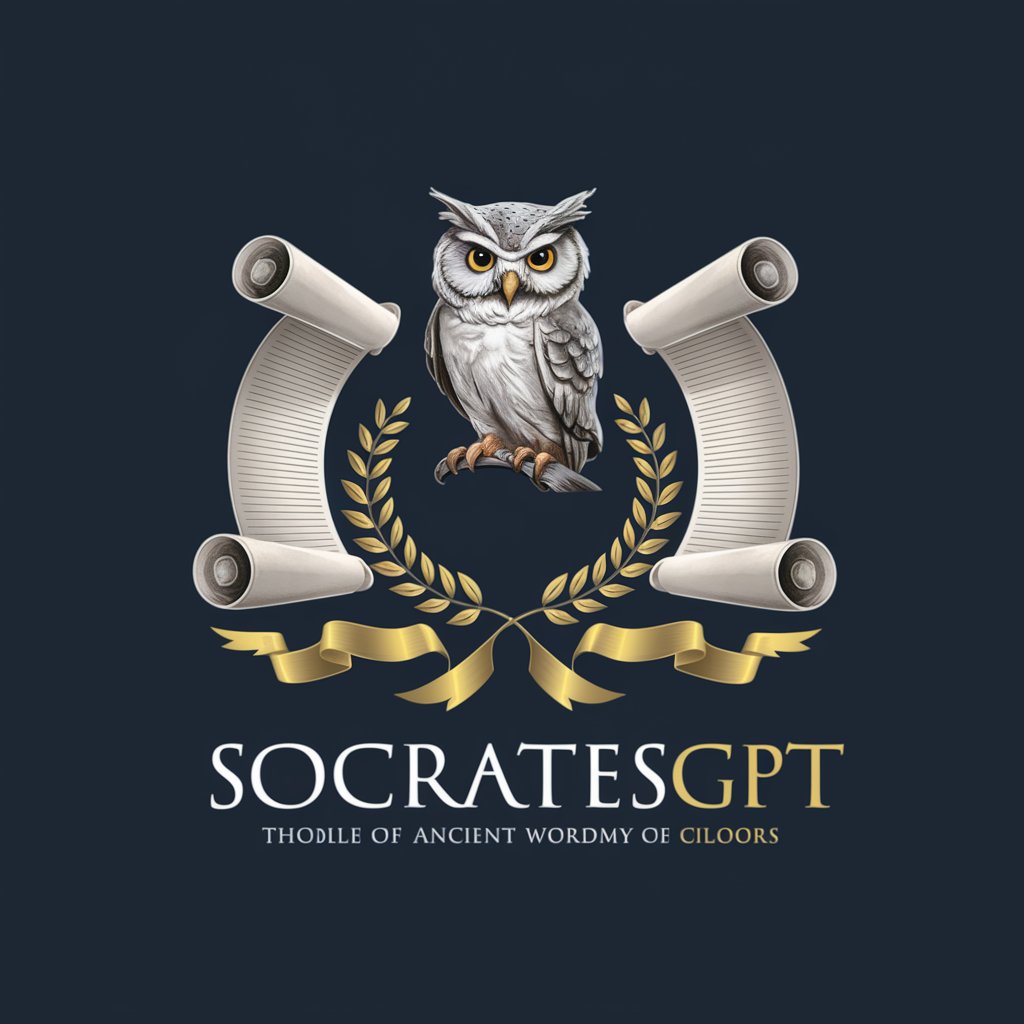
Tech Translator
Demystifying Technology with AI
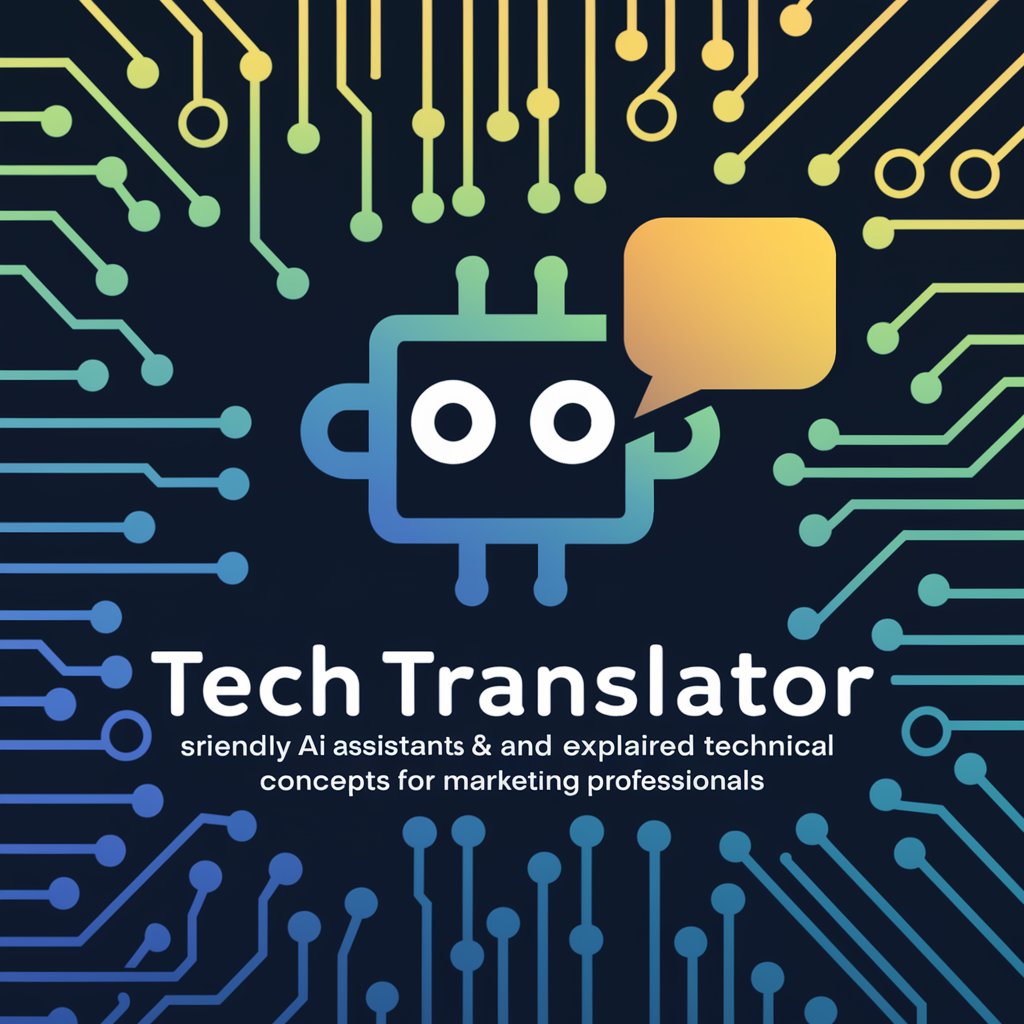
Creative Spark for Writers
Ignite Your Narrative with AI

Gush Campaign Strategist
Empowering Campaigns with AI Insight

Rabbai
Explore Jewish wisdom powered by AI

Detailed Q&A on Hearing Aid Researcher
What kind of research can Hearing Aid Researcher assist with?
The Hearing Aid Researcher is designed to support a wide array of studies related to hearing aid technology, auditory science, and associated medical fields. It facilitates access to up-to-date research findings, technology trends, and scientific discussions.
How does the researcher ensure access to the latest information?
The researcher utilizes a comprehensive database and real-time tools to provide users with the most current information and research in the field of audiology and hearing aid technology, ensuring data is both accurate and relevant.
Can the Hearing Aid Researcher help in academic writing?
Yes, it offers tools and resources for academic writing, including access to scientific literature, guidelines on structuring papers, and tips for effectively presenting research findings.
Is the Hearing Aid Researcher suitable for professionals outside academia?
Absolutely. Audiologists, hearing aid manufacturers, and technology developers can all benefit from the tool's comprehensive insights into hearing aid advancements, patient outcomes, and technological innovations.
How can the researcher assist in developing new research ideas?
By providing a vast collection of research materials and analytical tools, the Hearing Aid Researcher helps identify gaps in existing knowledge, emerging trends, and potential areas for innovative studies.
